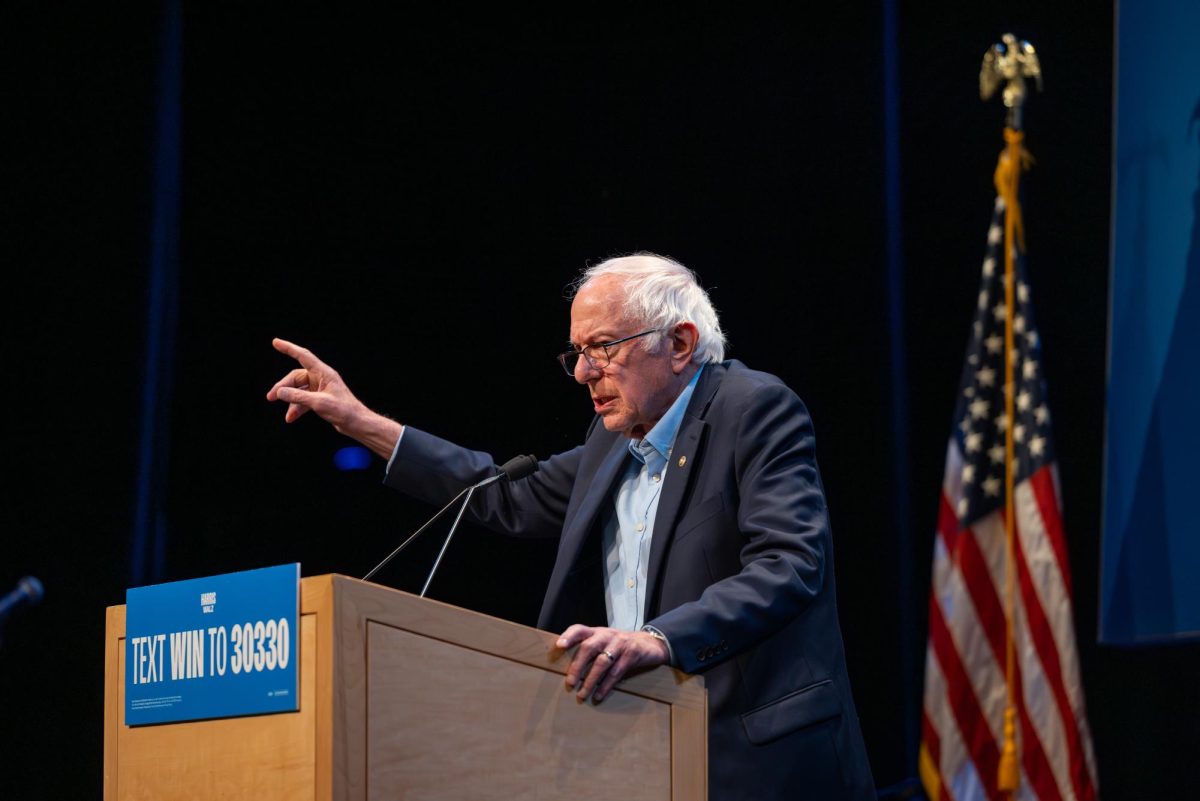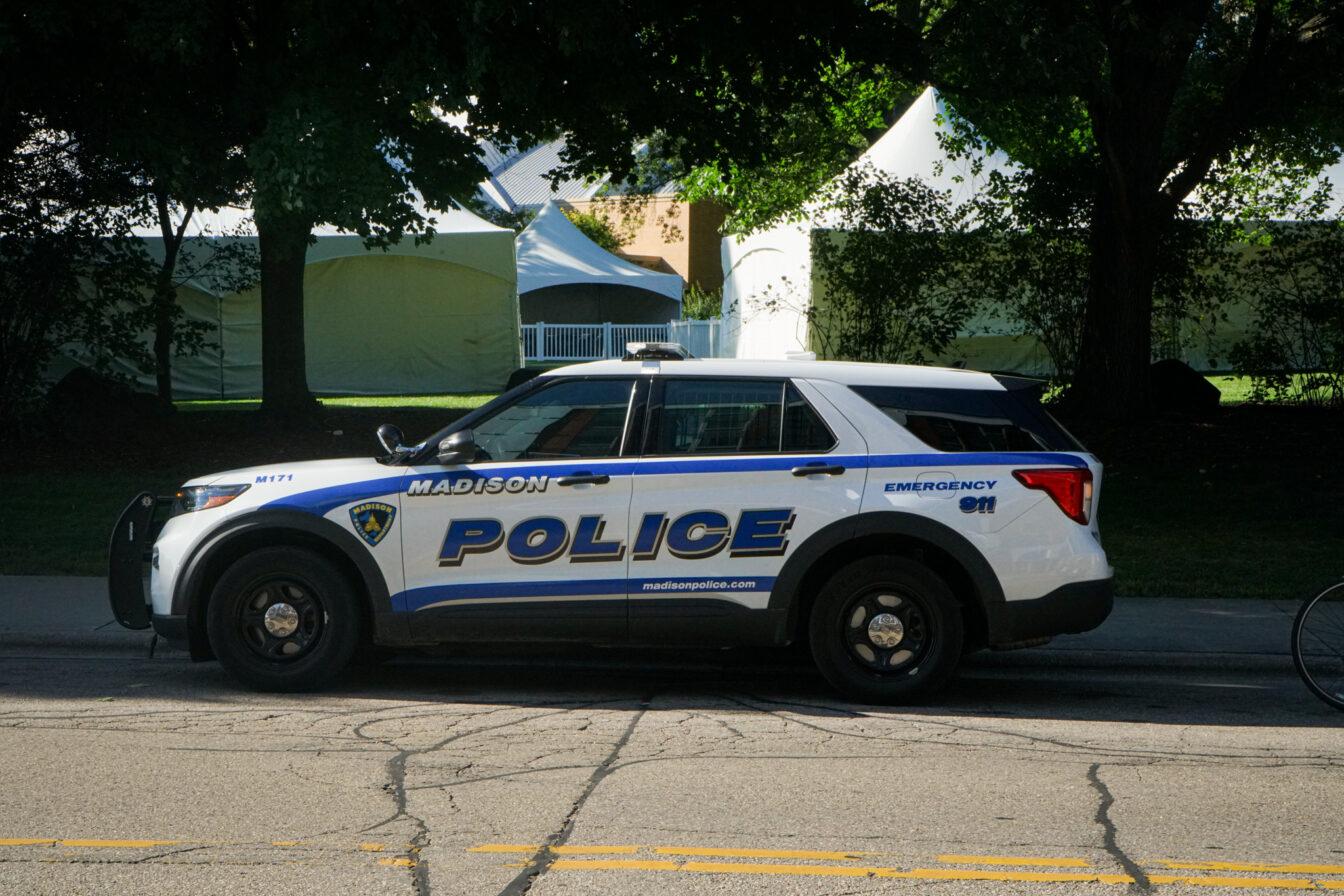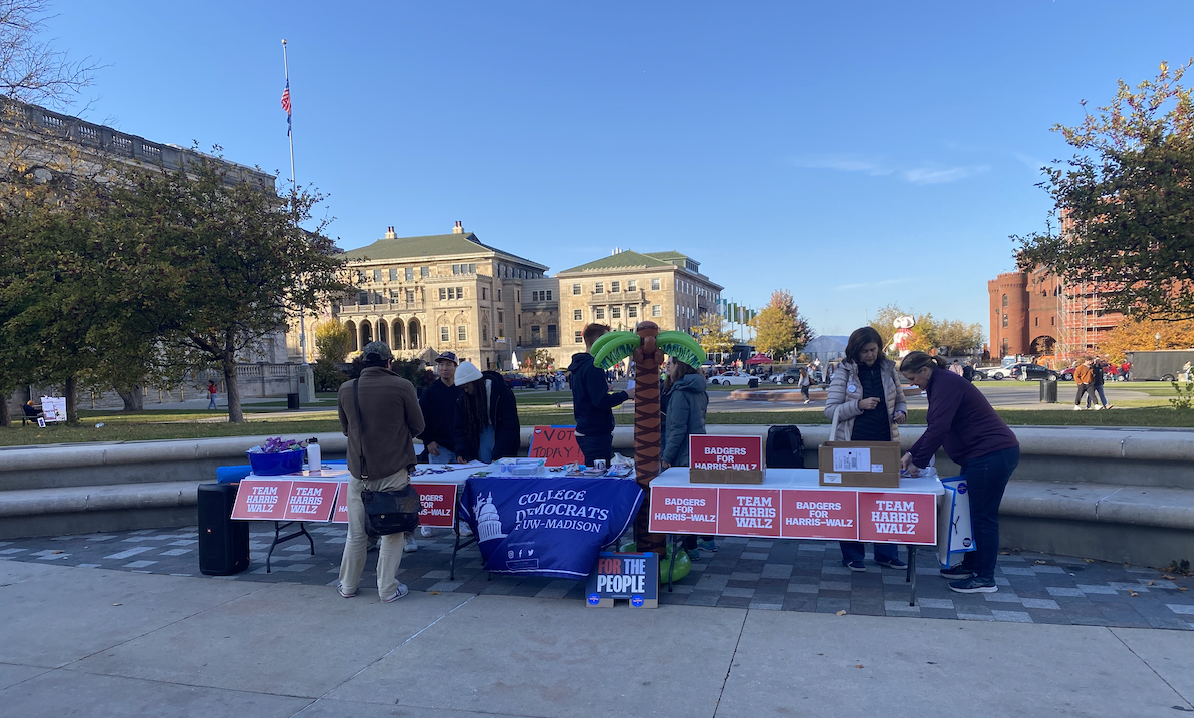JERUSALEM (REUTERS) — Israeli and Palestinian field commanders in the West Bank and Gaza Strip held surprise talks in a sign that U.S. envoy Anthony Zinni was making progress in a violence-plagued cease-fire mission.
“I hope we’re close to [a truce],” Israeli Defense Minister Binyamin Ben-Eliezer said on Israeli television, citing the officers’ talks late on Sunday. “Zinni is spearheading this entire process.”
The talks appear to be a first step toward an Israeli pullout from recently seized Palestinian territory, a withdrawal the Palestinian Authority says must take place before a U.S.-brokered truce can be reached.
The meetings, which Ben-Eliezer said aimed to calm tensions on the ground, were held ahead of the arrival in Israel Monday of Vice President Dick Cheney.
On an 11-nation Middle East tour overshadowed by Israeli-Palestinian violence as Washington plots its next moves in a global anti-terror war, Cheney said in Bahrain he hoped Zinni would get results before he landed in Israel.
Cheney was due to meet Israeli Prime Minister Ariel Sharon soon after arrival. A senior U.S. official said the vice president had left open his schedule for a possible meeting with a Palestinian delegation, but no firm plans had been made.
Zinni met Palestinian President Yasser Arafat Sunday after a Palestinian shooting attack in Israel, a suicide bombing in Jerusalem and fighting in the West Bank town of Bethlehem added urgency to U.S. efforts to end 17 months of bloodshed.
“These attacks will not deter my efforts to continue to work with both sides to bring the Israeli-Palestinian confrontation to an end,” Zinni said in a statement.
“At the same time, it is critical that the Palestinian Authority take responsibility and act against terror and punish those responsible.”
A Palestinian security official, commenting on the field-level meetings, said Palestinian officers pressed Israeli counterparts for a pullout from territory reoccupied this month as part of Israel’s biggest military offensive in 20 years.
Ben-Eliezer said Israel wanted Palestinian regional commanders to assume responsibility for areas vacated by Israeli forces and ensure Jewish settlements and roads used by Israelis in the West Bank and Gaza would not be attacked.
This month has seen a major escalation of bloodshed, with a surge in Palestinian shootings and bombings and fierce assaults on Palestinian cities, towns, villages and refugee camps.
Israel pulled its forces out of Ramallah, where Arafat has been cooped up for three months, and two other West Bank cities last Friday amid intense international pressure to end a harsh offensive Sharon says was aimed at hunting down militants.
Israeli tanks and infantry still remain in Bethlehem and its environs and, Palestinian security officials said, in some 20 percent of Palestinian Authority land in the Gaza Strip.
Palestinian negotiator Saeb Erekat said an Israeli pullout from Palestinian-ruled areas reoccupied in this month’s offensive was “a prerequisite in order to ensure the success” of a truce plan brokered in June by CIA director George Tenet.







